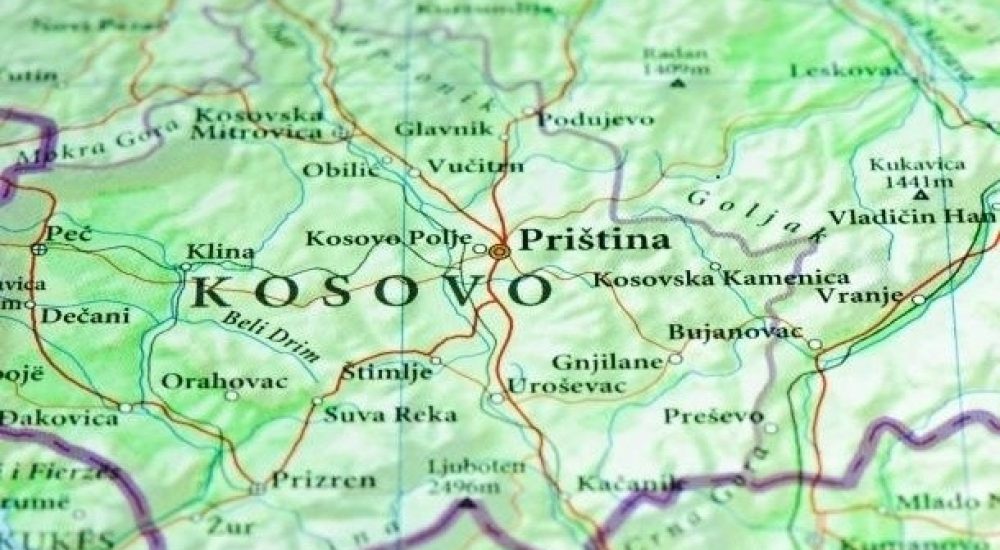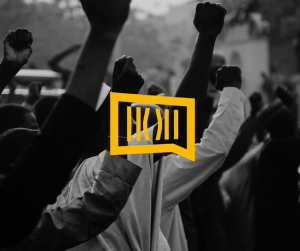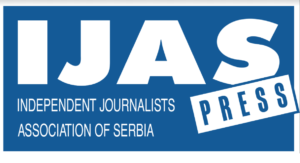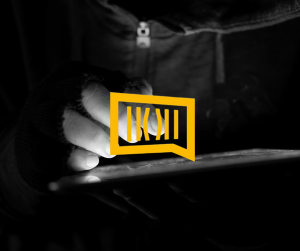On December 27, 2023, the Government of the Republic of Kosovo, headed by Mr. Albin Kurti, approved the Draft Law on the Independent Media Commission (IMC).
The legislative proposal – for the first time in the modern history of Kosovo – radically changes the way online media that publish videos (hereafter referred to as online media) are regulated from a system of self-regulation to one of state regulation with a licensing procedure.
The main proposed legal changes are:
- Online media will be subject to state licensing and control by the Independent Media Commission (IMC).
- Online media which operate as non-governmental organisations will be forced to open companies to meet licensing requirements.
- Online media outlets will be forced to register in the Online Media Register which will be managed by the IMC.
- Online media will have to obtain permission from the IMC in case of change of ownership over 10%.
- Online media will be subject to a regime of sanctions including potential fines of up to €40,000.
- The IMC will have 11 members and not seven, as it currently has.
- The members of the IMC will no longer have staggered mandates of two, three, and four years, but a mandate of four years with the possibility of re-election for another mandate.
We consider that the legislative initiative of the Prime Minister’s Office to control online media through a licensing system is the latest attack on the right to media freedom and pluralism in Kosovo. The state apparatus can easily be used against any online media – especially the most critical media – under the threat of large fines of up to €40,000, which could pose a serious existential threat to any online medium operating in Kosovo. The draft law should be seen as a continuation of the hostile approach of the ruling party “Lëvizja Vetëvendosje” towards the media and journalists and its continuous attempt to control them.
The need to harmonise national legislation with the European Union’s Audiovisual Media Services Directive (AVMSD) is being used to justify the introduction of the licensing system. However, for the purposes of this legislative initiative, the directive has been interpreted incorrectly, without taking into account the local context and ignoring the existing self-regulatory body in Kosovo. The EU directive in no way provides for the state to put online media under control through a compulsory licensing process.
In fact, the EU Directive in Article 4A encourages states to use a system of self-regulation. For this reason, in Finland, during the transposition of the AVMSD, the Finnish government and parliament, after taking the local context as a basis and based on Article 4A of the directive, agreed to continue to leave this competence to the media council (the independent self-regulatory body Finnish). In Albania, the Council of Europe and the Venice Commission strongly opposed the same legal proposals that were made by the Albanian government, led by Mr. Edi Rama. In addition, the OSCE standards clearly outline that the registration of online media is not a mandatory procedure at all.
Another consequence will be the weakening of the Press Council of Kosovo which consists of media representatives, while a state administrative body like the IMC, whose members are elected by the ruling party, will be strengthened. Historically, the IMC – with some exceptions – has been composed of people who have acted and continue to act with direct or indirect instructions from political stakeholders or the dominant actors of the private sector.
The government, beyond efforts to control the media, is attempting to extend its control to the IMC institution itself. The decision to increase the number of members from seven to 11 is solely based on the ruling party’s desire for this institution to be filled with more of its supporters. This is also confirmed by the proposal that each member has two mandates, so that those who are appointed during this legislature in the Assembly – and who continue to enjoy the support of the party in power – can be part of the IMC for eight years in total.
We also share the concerns of the Association of Journalists of Kosovo (AGK) and Kosovo Press Council about the lack of transparency during the drafting process. The draft law was prepared without meaningful consultation of journalists, media, activists, and other civil society organisations. Only after the completion of the first draft was it presented to a limited group as a completed act. No media legislation should be drafted without the genuine involvement of the media sector.
We ask the Office of the Prime Minister to withdraw the draft law from the Assembly of Kosovo and make the necessary changes in accordance with the standards of the Council of Europe and the OSCE. Legislative changes must be made with genuine involvement of journalists’ organisations, non-governmental organisations, and all interested parties.
Signed:
European Centre for Press and Media Freedom (ECPMF)
European Federation of Journalists (EFJ)
Independent Journalists’ Association of Serbia (NUNS)
Association of Journalists of Kosovo (AJK)
International Press Institute (IPI)
Trade Union of Media of Montenegro (TUMM)
Association of Journalists of Macedonia (AJM)
BH Journalists Association (BHJA)
Croatian Journalists’ Association (CJA)
Center Science and Innovation for Development (SCiDEV)
ARTICLE 19 Europe




